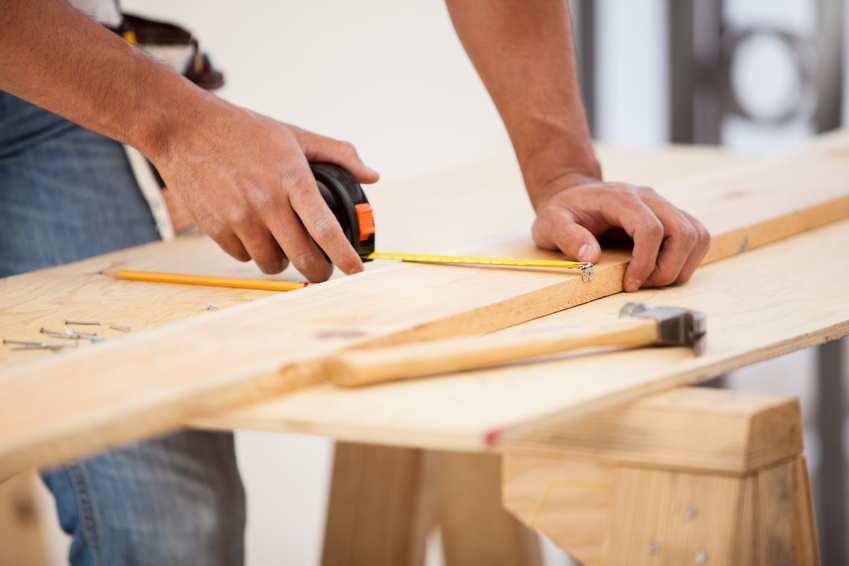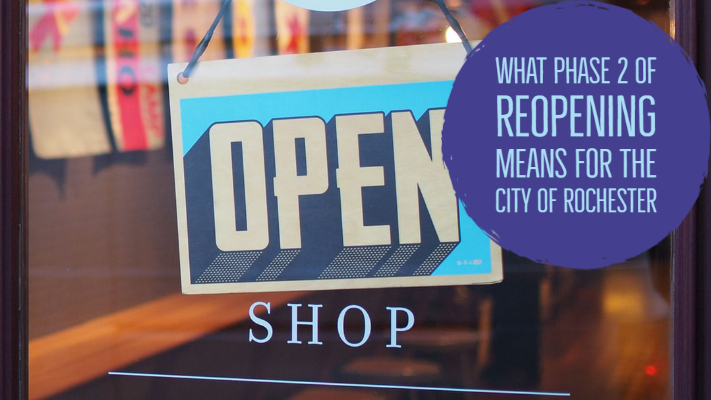 After months of outrage, scrutiny, and falling share prices, Lumber Liquidator CEO and President Robert Lynch resigned “unexpectedly,” last week.
After months of outrage, scrutiny, and falling share prices, Lumber Liquidator CEO and President Robert Lynch resigned “unexpectedly,” last week.
In March, a report by CBS program “60 Minutes” revealed in terrifying detail the dangerous levels of formaldehyde in some of the company’s laminate wood imported from China. Formaldehyde is a toxic carcinogen, and the cheap Chinese flooring was sold to U.S. consumers with labels declaring it safe for use in the home.
The company has sold more than $480 million worth of the tainted laminated flooring since 2011 to an estimated 320,000 customers.
Lumber Liquidators has one location in Rochester, located on West Henrietta Road. After the report aired, New York Senator Charles Schumer asked the Consumer Product Safety Commission to launch an investigation into the company.
Lumber Liquidators claimed the “60 Minutes” tests were inaccurate and only revealed dangerous toxin levels after removing a protective coating from the product. The company insists they welcome the increased scrutiny.
“We look forward to addressing these matters with Sen. Schumer, the Consumer Product Safety Commission, and all regulators and lawmakers who have questions about the specific product being discussed,” the company wrote in a statement.
Rochester customers concerned about the safety of flooring purchased from Lumber Liquidators and installed in their home can receive testing kits from the company.
The news came as a shock to many customers who were led to believe hardwood floors were more sanitary, and therefore safer to use in the home. A single ounce of carpet dust can easily contain more than 2,000 dust mites.
Since the report about the dangerous flooring aired, Lumber Liquidators shares have fallen by more than 30%. And after last week’s resignation, the stock price has only continued to fall. Investors fear that imminent class-action lawsuits could cost the company tens of millions of dollars.
Based on a previous lawsuit against Lumber Liquidators for formaldehyde-tainted wood, experts say the company could be on the hook for up to $90 million. Although as many as 320,000 customers may have bought the wood, far more people may have been exposed to the flooring.






No Comment